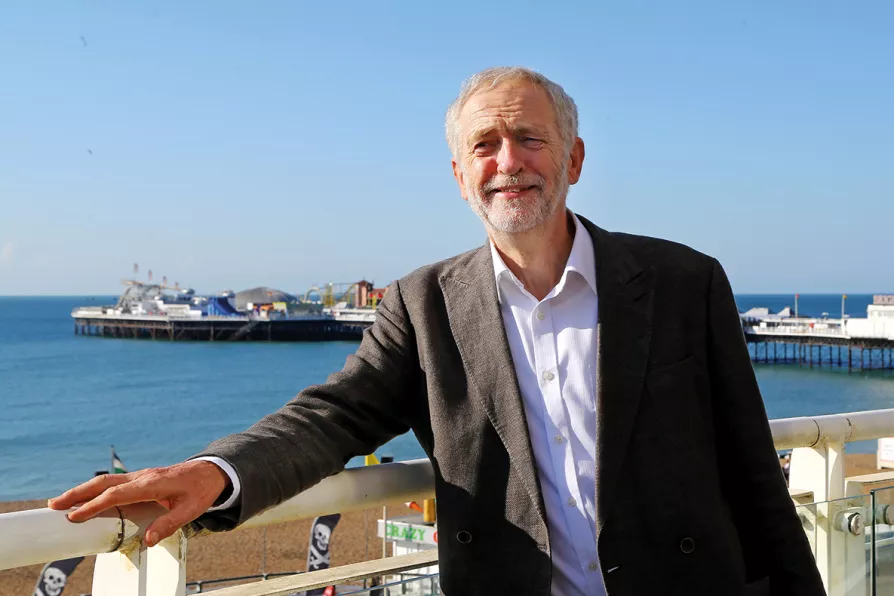Eighty-one years after the liberation of Auschwitz, the threat of far-right extremism is resurging – the lessons of history demand unity, organisation and resistance, argues SABBY DHALU

 DAYS OF HOPE: Jeremy Corbyn as Labour Party leader ahead of its annual conference in Brighton, 2015
DAYS OF HOPE: Jeremy Corbyn as Labour Party leader ahead of its annual conference in Brighton, 2015
THE recent vindictive and factional assault on Jeremy Corbyn by the Labour Leader Keir Starmer, part of a wider attack on the Labour left, has intensified calls for a new workers’ party, as have the “dog-whistle” attacks on the Tories on crime. It is difficult, given the situation, not to feel sympathetic to this, but socialists need to take a long view.
The Corbyn Project
The proximate cause for calls for a new left party is the collapse of the “Corbyn Project,” although that description gives it a sense of uniqueness, purpose even, that do not match its origins.

In the run-up to the Communist Party congress in November ROB GRIFFITHS outlines a few ideas regarding its participation in the elections of May 2026

VINCE MILLS cautions over the perils and pitfalls of ‘a new left party’

VINCE MILLS gathers some sobering facts that would inevitably be major obstacles to any such initiative











